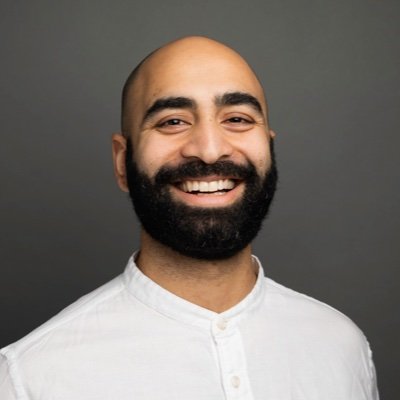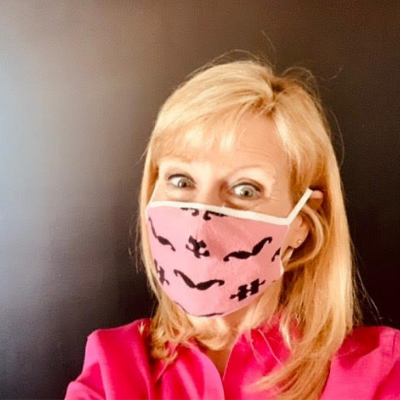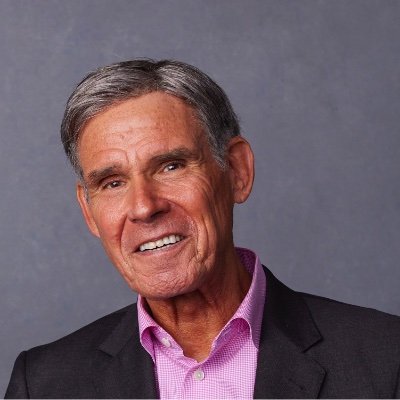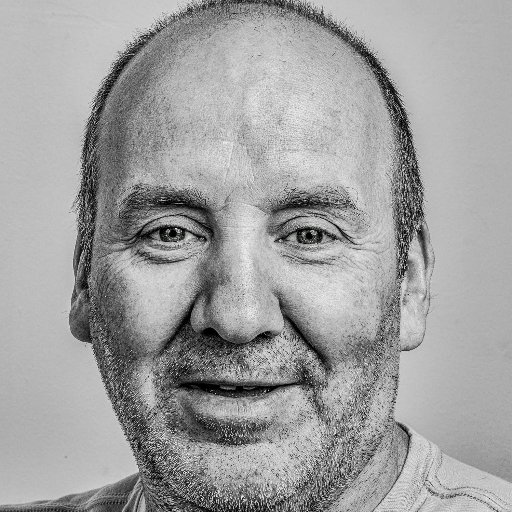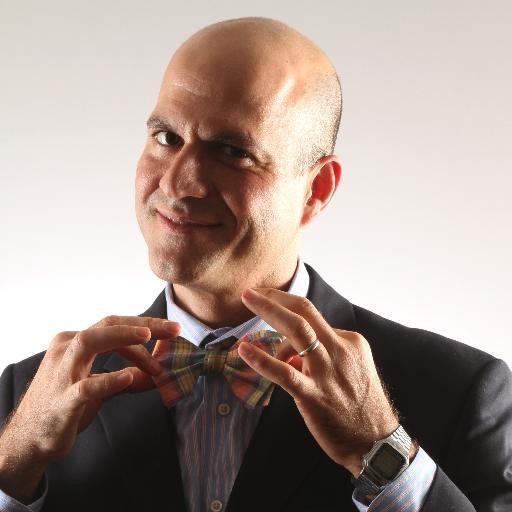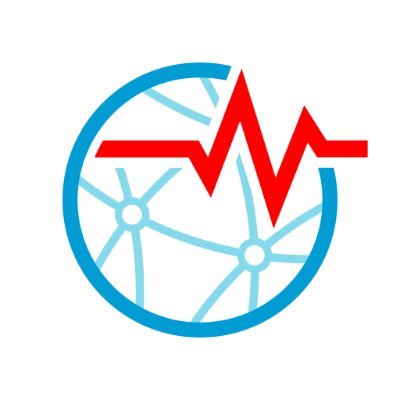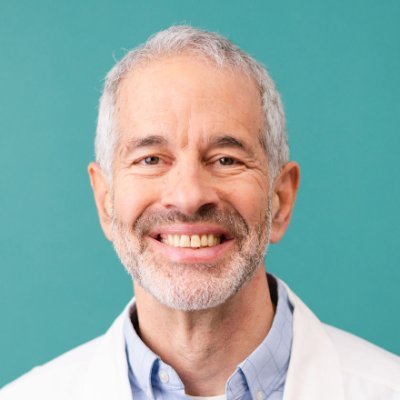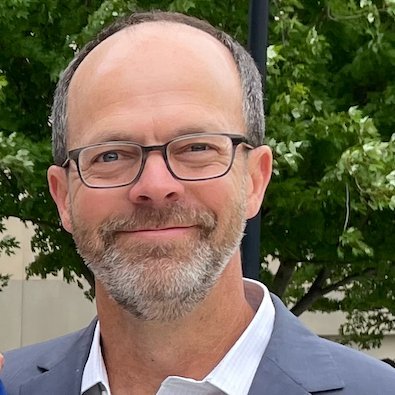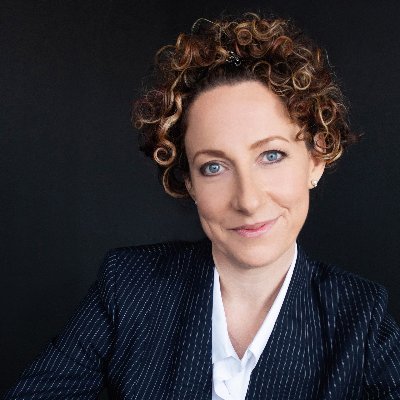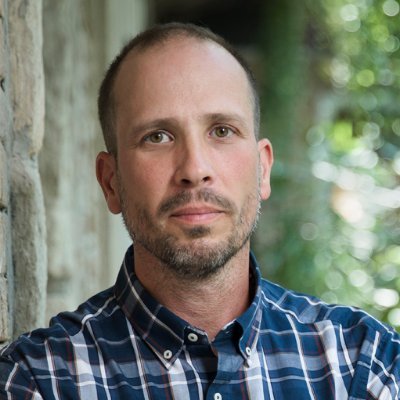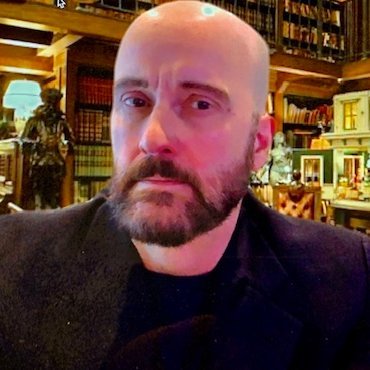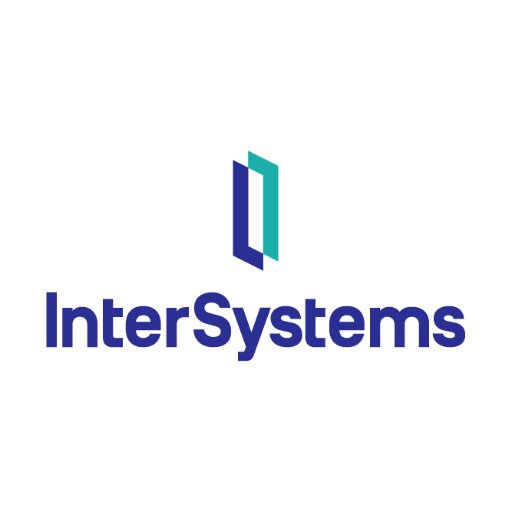
Vik Bakhru, MD MBA
@vikbakhruPhysician, senior executive, tech entrepreneur. Working on improving #healthequity & scaling #valuebasedcare. Pronouns: he/him/his
Similar User

@abnermason

@HITeaWithGrace

@Matt_R_Fisher

@stacy_hurt

@HannahKJarman

@chirpybirdhit

@Lacktman

@healthtechjames

@mssoftware

@Hassanah2017

@KisteinM

@Julie__SYR

@Jk_Jeffery
The @FIMRC team is helping the people of Bududa, Uganda, exercise their right to health. I'm tweeting because this effort needs your support! Please consider a generous donation to help us bring healthcare to the world's underserved communities. Donate: lnkd.in/gapPMCmH

value-based care makes net new demands of physicians that we cannot ignore. i didn't realize that several for-profit VBC clinics like @OakStreetHealth @ChenMed @AledadeACO and @onemedical are partnering with medical schools and residency programs to provide exposure to VBC…

Conventional wisdom: Working as an employed physician is a prerequisite to entering private practice. Does it have to be this way? I think we can construct an ecosystem that supports a smooth transition to private practice. In fact, I think its construction is already underway.
Private practice isn’t about doing everything yourself. It’s about focusing on the big picture—doing what you do best, making an impact, and moving toward something meaningful. With the right resources (and right partner), the nitty gritty details fade into the background.
“We also recognize the impact of social determinants of health, and we're trying to find a unique way to reimburse providers for things like housing instability, food insecurity, transportation issues.” healthleadersmedia.com/payer/how-deli…
Ever notice this? Stories about physicians transitioning to private practice focus on the “leap of faith” moment. Like when burnout won or patient safety lost. It doesn't have to be so scary. With better resources, private practice can be as welcoming as becoming an employee.
"This [value based care] playbook reflects contributions from physicians on the front lines of implementation, across all practice settings...Working together, they came up with a plan to improve patient care going forward." ama-assn.org/practice-manag…
So much of pediatric healthcare is about preventing future harms. Value-based care excels in this regard. But resources and investments aren't where they need to be just yet. revcycleintelligence.com/features/inves…
Clinicians deserve all the tools they need to drive success in value-based care. It's our job to streamline the transition so they can focus on what matters most: patients. ama-assn.org/practice-manag…
Sometimes people poke fun at value-based care. I get it. But here's the truth: Dismissing value-based care because it hasn’t lived up to the hype or because it has been challenging to implement is cynical. We ought to embrace the challenge and work toward aligning incentives.
As unreasonable demands pile up, so does burnout. As burnout simmers, more clinicians and patients lose trust in the system. As trust wanes, outcomes wither. Human-centered design and user experience are key ingredients to achieving our shared vision of better health for all.
“Your life is designed to get the results you are getting right now. For the trajectory to change, the approach must change.” Never fall for the trap of thinking this is the only way things can be. We made healthcare how it is. We can make it how it can be, too.
"Most of the time you don't need more information, you need more courage." This @JamesClear quote applies to health care in many ways. We can't measure our challenges without information. But we can't *do* anything about them without courage. Let's make courageous decisions.
The positivity of “can” is so much more powerful than the negativity of “should.” Of course we “should” change health care. But what’s more important—more productive, more useful, and more honest—is to acknowledge that we “can” change it.
Health care innovation is an unstoppable force. And the status quo is not an immovable object.
A brighter health care future begins when we deliver not just care, but caring. Here’s how the legendary Francis Peabody put it: “One of the essential qualities of the clinician is interest in humanity, for the secret of the care of the patient is in caring for the patient.”
“We are addressing decades of systemic underfunding in Medicaid that has exacerbated inequity and health care provider deserts, where patients are often forced to get their care in emergency departments.” kffhealthnews.org/news/article/h…
It’s important to examine value-based care’s challenges. We must remain skeptical and weigh the evidence. But the job doesn’t end there. The next step requires closing gaps and fixing problems—and giving our systems and technologies the opportunity to live up to their promise.
In health care, we can’t just tell people what to do. We have to help them do it. I’m making that a priority at Innovista Health. Value-based care works best when experts help clinicians manage the transition, right there in the office setting. So that's what we do.
Value-based care hasn’t grown as quickly among specialists as it has among primary care providers. That’s changing. Imagine what’s possible when primary care and specialty care row in the same direction.
Provider burnout is well-documented. But we may be underappreciating the solutions cropping up as a result—because they streamline a shift away from employment and toward private practice. The sooner the shift to private practice becomes fast-tracked and turnkey, the better.
United States Trends
- 1. Kendrick 446 B posts
- 2. #AskShadow 14,4 B posts
- 3. Luther 34,6 B posts
- 4. Daniel Jones 44,5 B posts
- 5. Drake 67,7 B posts
- 6. $CUTO 5.619 posts
- 7. Squabble Up 20,6 B posts
- 8. Kdot 7.211 posts
- 9. Wayne 46,9 B posts
- 10. TV Off 28 B posts
- 11. Giants 76,6 B posts
- 12. MSNBC 165 B posts
- 13. Dodger Blue 9.252 posts
- 14. Kenny 23,4 B posts
- 15. #TSTTPDSnowGlobe 4.881 posts
- 16. Reincarnated 26,5 B posts
- 17. Gloria 44,8 B posts
- 18. #AyoNicki 3.432 posts
- 19. One Mic 4.385 posts
- 20. Wacced Out Murals 28,7 B posts
Who to follow
-
 Abner Mason
Abner Mason
@abnermason -
 Grace Vinton
Grace Vinton
@HITeaWithGrace -
 Matt Fisher
Matt Fisher
@Matt_R_Fisher -
 Stacy Hurt (she/her)🌻
Stacy Hurt (she/her)🌻
@stacy_hurt -
 Hannah Jarman, PhD
Hannah Jarman, PhD
@HannahKJarman -
 @chirpybirdHIT
@chirpybirdHIT
@chirpybirdhit -
 Nathaniel Lacktman
Nathaniel Lacktman
@Lacktman -
 James Aita, HMBA
James Aita, HMBA
@healthtechjames -
 Roberta Mullin
Roberta Mullin
@mssoftware -
 Janice Tufte
Janice Tufte
@Hassanah2017 -
 Kistein Monkhouse, MPA
Kistein Monkhouse, MPA
@KisteinM -
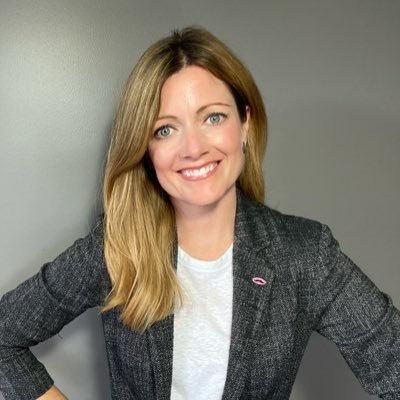 Julie Mann
Julie Mann
@Julie__SYR -
 Jared Jeffery
Jared Jeffery
@Jk_Jeffery
Something went wrong.
Something went wrong.






